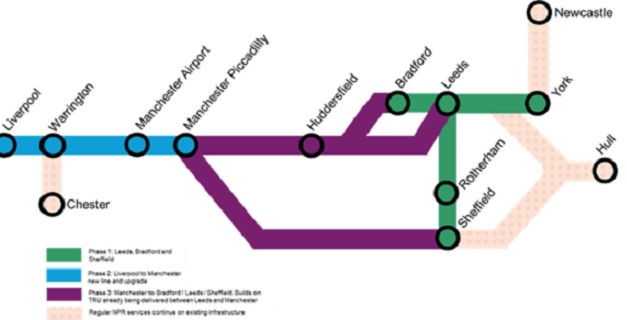According to the latest Lloyds Bank regional PMI for March, there has been some easing of performance in Britain, coupled with an acceleration of price pressures. In particular, the latest regional PMI data shows a softening but still robust performance in the West Midlands, which is down from 57.0 in February to 56.1. This reflects the softening seen in the national manufacturing and construction PMIs in March, and in official data with short-term indicators showing slowing but still positive output performance.
Nevertheless, UK manufacturing, construction, and services PMIs all reported an increase in confidence for the next twelve months, with confidence in the manufacturing sector reaching a ten-month high. A lowering of Brexit uncertainty among clients was reported, providing a boost to output demand. There was also increased demand and interest from foreign markets, most probably due to the lower value of Sterling, thereby making UK businesses more internationally price competitive.
The UK PMIs saw increases in new orders in March, with further demand from foreign markets for manufacturers and services providers, and lower anxiety surrounding Brexit was a contributing factor for construction. As a region, the West Midlands appears to be outperforming the UK in terms of new orders, which has enabled growth. Furthermore, as business outstanding increases, there could be an increase in employment as companies raise their capacity to deal with new business. This was reflected in March’s PMIs, with the West Midlands showing employment growth above the UK overall.
The Sterling effective exchange rate has fallen 10.4% since the Brexit referendum and has contributed to tightening inflationary pressures, with the CPI reaching 2.3% in February, the strongest since September 2013. According to official data, producer input prices have risen 19.1% over the same period, and has fed through into producer output prices, which have increased 10.7%. Transport, especially fuel prices were the principal contributory factors. Similar price pressures were evident in the recent PMIs, and remained acute in March. Manufacturing, construction, and services PMIs all reported increases in input prices in March. These pressures were evident in the regional PMIs, with input and output costs rising faster in the Midlands than the UK overall, and many businesses reporting that squeezed profit margins were causing them to pass on costs to clients.
Corin Crane, Chief Executive of the Black Country Chamber of Commerce, commented: “The latest West Midlands PMI highlights the need for an effective regionally-focussed Industrial Strategy. The strength of new orders and rising outstanding business demonstrates the need for infrastructure and skills investment in the region. The current capacity constraints appear to be having an impact on future growth prospects and potential gains in productivity performance."
















